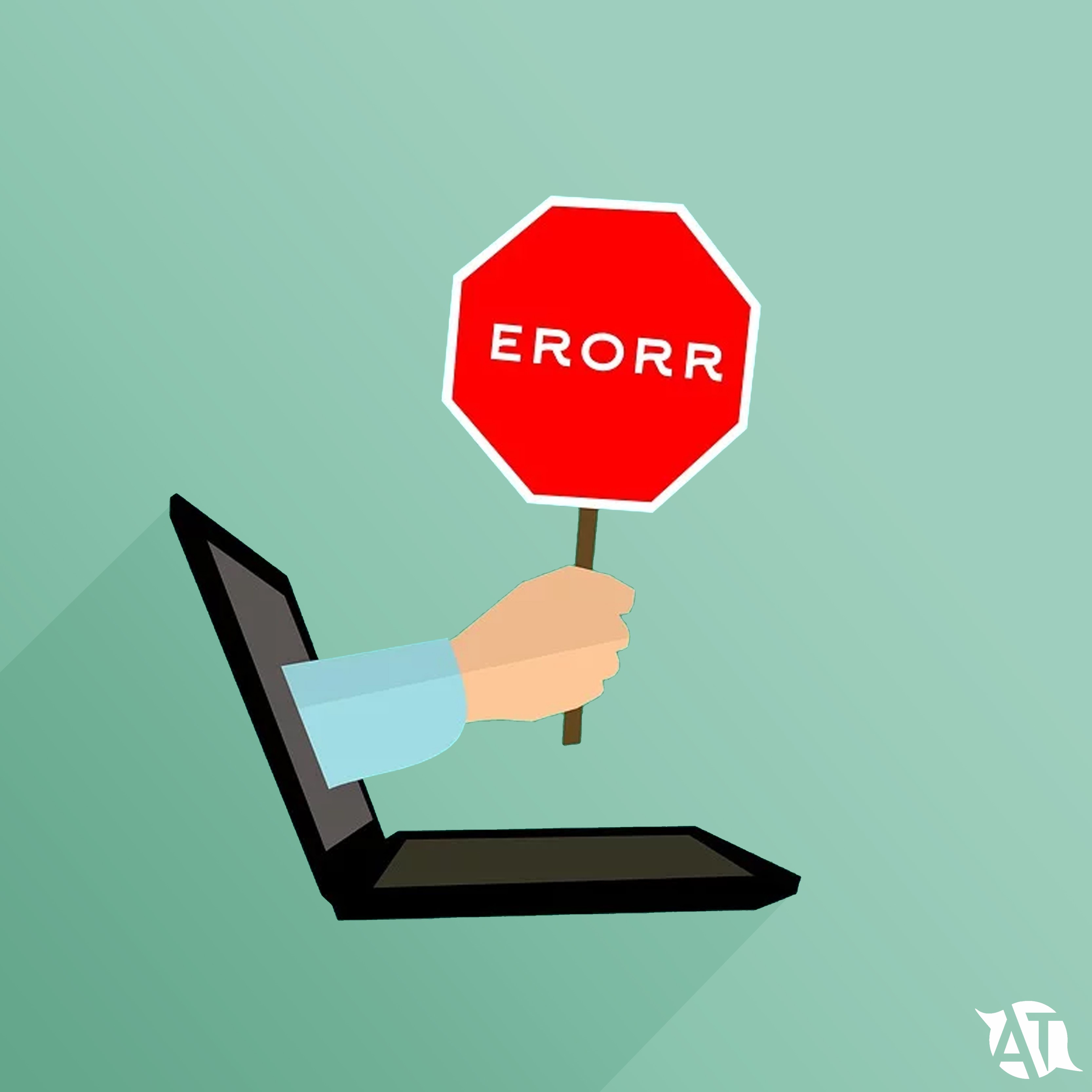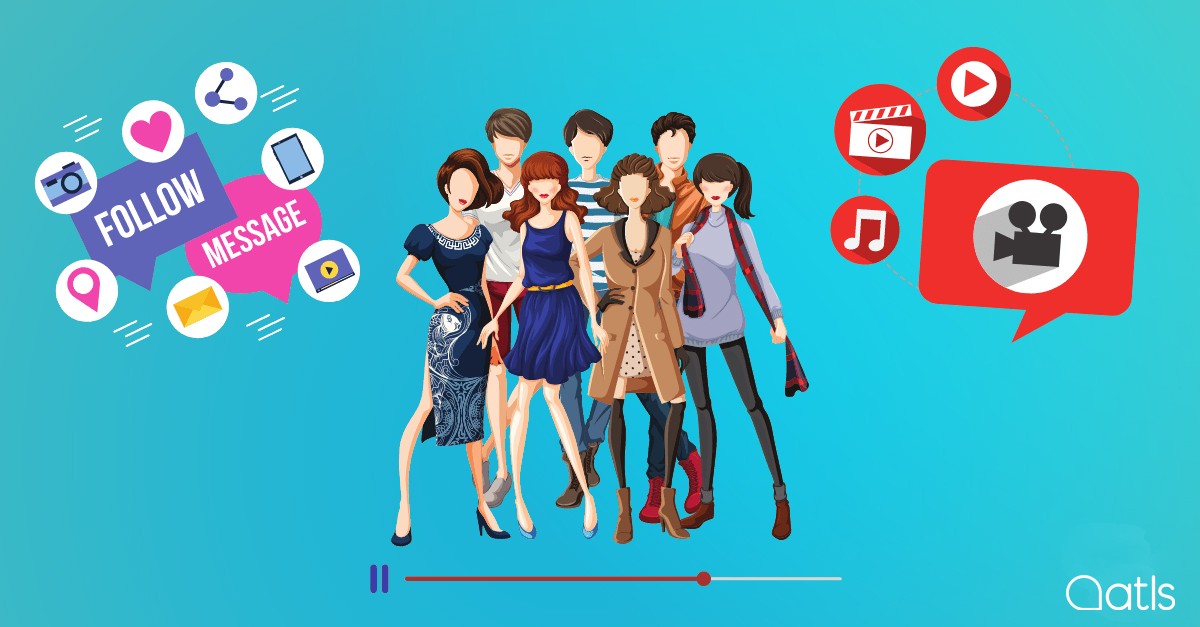Translation errors that can damage a brand image

We've already spent quite some time in confinement, and although the situation has been getting worse and is more serious than we ever thought, we're continuing to fight it, staying at home and doing everything we can to keep businesses running. Some are working from home, whilst others have no option but to do their jobs in person. Thanks to the internet, we're in constant contact and information is available to us in an instant - but if we fail to pay attention to the details, we can come up against problems. Over the last few days we've seen a number of mistakes in translations and spelling errors in important communications. Any information we publish should always be reviewed by professionals, and we should minimise the use of machine translators in order to avoid the types of mistakes that could tarnish our brand image. Today we're going to look at some examples of major brands that made huge mistakes because they failed to check their messaging, and then had to amend it retrospectively.
5 Examples of translation errors
Companies that didn't put their trust in a good translation company, and made some translation errors:
- Do you want to lick your fingers or eat them?
We're all familiar with the KFC brand, its chicken bucket offers, and "Finger-lickin good" slogan; a campaign that has been affected by coronavirus, with many browsers making complaints against it. It isn't the first time their campaign has come under fire: when it launched in China they had a number of issues stemming from a poor translation of "finger-lickin' good" which was rendered in the Chinese translation as "eat your fingers". The translation caused a lot of aversion to the brand, resulting in major losses in sales.
- Flying in leather seats isn't the same as flying in the buff
Here's what happened to American Airlines when it launched a campaign to promote the leather seats on its planes. The campaign slogan in English was "Fly in leather", but when it was translated into Spanish, the message was "Fly naked". For Spanish speakers, the expression "en cueros" (literally, in leathers) means "naked, or in the buff", so they were pretty much enticing passengers to travel naked on their airlines. A classic literal translation error.
- An embarrassing Parker Pen translation
The brand may not have been particularly well-known before - but after this terrible translation it didn't take long for it to become a media target. They were promoting a pen that wouldn't leave a stain, and their message was clear: "It won't leak in your pocket and embarrass you", but it was translated into Spanish as "It won't leak in your pocket, nor will it get you pregnant" (the Spanish words for 'pregnant' and 'embarrassed' are pretty similar). It's a shame the company's marketing team spent time and effort thinking about a phrase that could make an impact on their audience - then ruined it with a poor translation, with a seriously negative impact on the brand's image.
- Fancy a Big Mac? Or a Big Pimp?
Various departments are involved in getting a new product to market. You need to carry out prior market research to find out about consumers' needs, a team to work on product performance, logistics, pricing... and, finally, a name that will hook people. This is the case of the major multinational McDonald's, which failed to realise that its famous Big Mac had been translated as "Gros Mec" in French - or rather "Big Pimp". French sales of the burger were far lower than expected, and if that wasn't enough, McDonald's lost the rights to the burger to an Irish chain called Supermac's.
- Mango and the slave bracelets
These errors aren't just made internationally, we've also had cases in Spain. Some years ago, Mango put out a line of bracelets which it had called "slave": a term that in Spanish (esclava) is accepted in the jewellery sector as a type of bracelet. But there's no such thing in France, and it didn't take long for it to become the talk of social networks. Mango publicly apologised and amended their error. Finally, they translated the line of accessories as "tressé" which means "plaited".
Avoid these translation errors to succeed
These are just a few examples of brands that failed to give their translations attention and resorted to free machine translations: and saw sales plummet and their image ridiculed as a result. The content you show your customers says a lot about your company, and that's why you should always pay maximum attention to the details - if you don't, you could see the effects in your profits.
We can always learn from mistakes. All these companies publicly apologised and managed to rectify the situation. But there's little doubt that these were watershed moments, and they would be entrusting professional translation companies with their campaigns thereafter. At ATLSolutions we know you're going through a difficult time, and you need to get information out as quickly as you can. But take care: the slightest error can damage a company's image. Put your trust in professional linguists - always!




